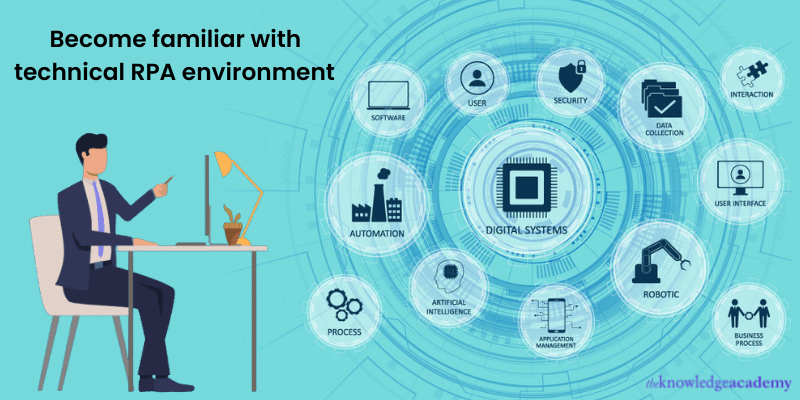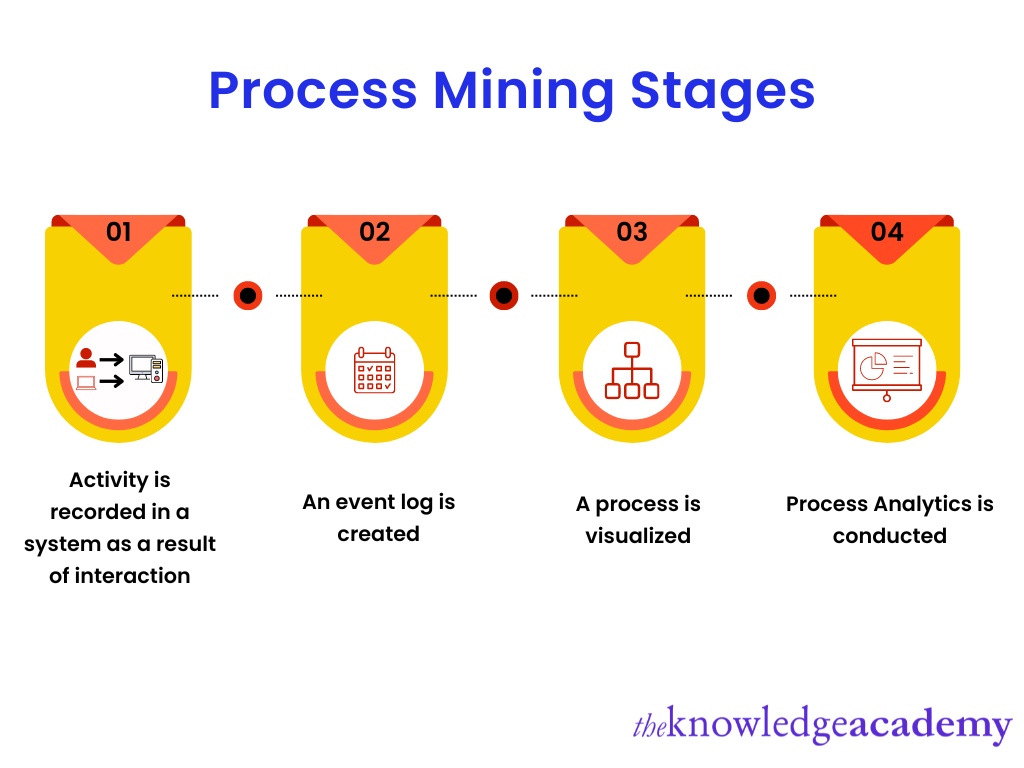We may not have the course you’re looking for. If you enquire or give us a call on +49 8000101090 and speak to our training experts, we may still be able to help with your training requirements.
Training Outcomes Within Your Budget!
We ensure quality, budget-alignment, and timely delivery by our expert instructors.

Robotic Process Automation (RPA) is doing wonders for organisations and individuals. Industries are going the extra mile to inculcate RPA to ease workflow and provide services without errors. Additionally, these organisations are actively hiring developers with exceptional RPA Skills to develop and maintain such advanced technology.
The global RPA market is expected to grow to £9.19 billion in 2027 from £1.17 billion in 2019, expanding at a compound annual growth rate of 34%, as per Grand View Research report. So, if you are looking for a future-oriented job in top-tier industries, then RPA is for you. However, to get a job at the top MNCs, you must have excellent RPA Skills and a working knowledge of the technological market.
But what are the skills required for an RPA Developer? Want to learn more? Check out these 7 essentials Robotic Process Automation (RPA) Skills you need to know to become an RPA Developer in 2023.
Table of Contents
1) What are the roles and responsibilities of an RPA Developer?
2) Seven skills necessary for RPA Developers
a) Data Analytics
b) Business Process Management
c Knowledge of a dynamic technical environment
d) Experience with RPA platforms
e) Coding skills
f) Process Mining
g) Testing, debugging and updating bots
3) Conclusion
What are the roles and responsibilities of an RPA Developer?
RPA is a tool that automates processes and functions through software, freeing up human resources to focus on other high-value activities. Although RPA automates various processes, it is essential to understand that human resources are still required to develop this technology.
The roles and responsibilities of an RPA Developer can be divided into the following phases of development; let’s have a look at them:
1) Phase 1 – It includes business analysis duties such as identifying opportunities, collecting data to fulfil customer requirements, searching for RPA solutions, and documenting task logic and the steps taken to complete it.
2) Phase 2 – The second phase covers RPA Bot development and the ecosystem's maintenance. The responsibilities include data management, process mining, testing and troubleshooting, and deploying RPA components.

Seven skills necessary for RPA Developers
Nobody has remained untouched by the miracles of RPA automation. People are significantly using this technology to complete day-to-day tasks. For instance, ask the bot to play a song for you, and it will do it in seconds and without any hassle; you are amazed at how it just did that! This is the miracle of automation.
But, to build this wonder of technology, it is crucial to have a working know-how of the entire technical environment. So, let’s look in detail at the RPA Developer skill set:
Data Analytics
The automation process requires substantial data collection, integration, and analysis. This is because the bots use the organisation’s relational database to transform large unstructured data sets into organised and automated tasks using SQL queries. Therefore, it becomes essential for an RPA Developer to have a stronghold of SQL as it is the core of database integration. As a result, Data Analytics becomes one of the basic skills for RPA Developers.
Business Process Management
Knowledge of the organisation’s business process is crucial for a successful RPA deployment. The Developers need to understand the company’s operations and suggest processes to benefit from them in the future. The essential skill to achieve this task includes adopting strategic management approaches such as Lean Six Sigma Belts. This expertise helps identify which processes are good for RPA and other forms of automation, thus, eliminating deviations from the process to be automated.

Knowledge of a dynamic technical environment
RPA requires immense integration with multiple systems and networks to fit into an organisation’s unique technological environment. Thus, Hiring Managers require Developers to be entirely familiar with the organisation’s internal systems. Additionally, the Developers need to check the updates to successfully execute a process according to the current and upcoming technological requirements.
Experience with RPA Platforms
Being familiar with RPA Platforms is one of the qualities and skills companies look forward to. To automate the tasks quickly with a low-code model, an ideal candidate should be skilled at using RPA tools such as Blue Prism, Kofax, NICE, Automation Anywhere, UiPath, etc. The low-code model implies that the Developer need not necessarily know the programming language and coding, but they should also be an expert at using these platforms to automate the processes.
Eager to learn more about Robotic Process Automation, refer to our blog on "RPA testing"
Coding skills
Although the RPA technology is low-code; however, Developers should understand the basics of bot development processes and tools. Thus, an RPA Developer needs to master the programming languages and coding skills.
Since many RPA platforms are built on the Microsoft .NET Framework, it is crucial to know Visual Basic.NET for Applications that allow task automation within Excel and other Microsoft Office Applications. For database integration, developers need to know other coding languages, including Python, HTML, C, C#, JavaScript, and SQL.
Process Mining
Process Mining software optimises the organisation’s workflow by analysing data, creating logs during various processes, recognising potential bottlenecks and mapping the flow of processes. Thus, an RPA Developer should be an expert at defining and mapping the flow of decision logic to make up larger business processes.
To achieve this task, the Developers particularly need to master and use certain techniques such as decision diamonds, decision trees, decision tables, state machines, UML diagrams, and BPMN notations

Testing, debugging and updating bots
To develop automated bots, the developer has to be ready for all kinds of unforeseen challenges. There may be a time when the bots will not always work as planned. In that case, the RPA Developer requires skills such as:
1) Testing to determine frequency at which tests should be performed
2) Debugging to eliminate the bottlenecks in the process
3) Updating the internal system integrated with automated processes according to the requirements
Conclusion
Automation has empowered industries across domains. Thus, companies are extensively hiring professionals with advanced skills to develop and maintain this advanced technology, such as Robotic Process Automation (RPA) and streamline their workflow. We hope that through the information provided in the blog, you were able to understand the RPA skills required for Developers.
Learn about the Blue Prism system, RPA automation process, and spying elements; register for our Blue Prism Training course now!
Frequently Asked Questions
Upcoming Business Analysis Resources Batches & Dates
Date
 Robotic Process Automation using UiPath
Robotic Process Automation using UiPath
Thu 13th Feb 2025
Thu 10th Apr 2025
Thu 12th Jun 2025
Thu 14th Aug 2025
Thu 9th Oct 2025
Thu 11th Dec 2025







 Top Rated Course
Top Rated Course


 If you wish to make any changes to your course, please
If you wish to make any changes to your course, please


